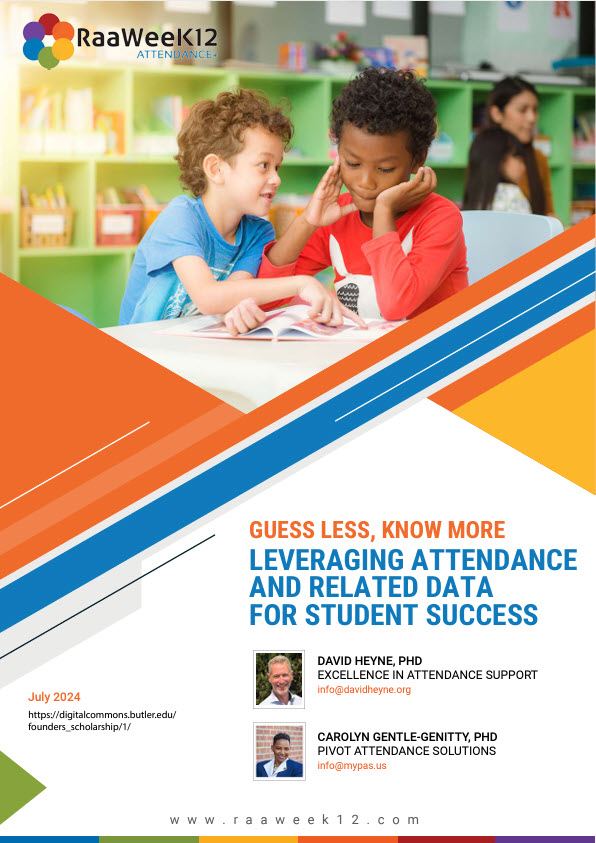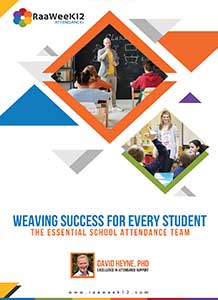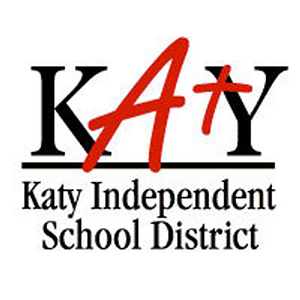What if schools could spot attendance issues before they became patterns? What if student data didn’t just describe the past but helped shape better futures?
Across education systems, the call for smarter student support is growing louder. And as this Guess Less, Know More white paper points out, the difference between reactive and proactive support often comes down to one thing: how data is used.

Why Attendance Data Often Falls Short
Schools gather data every day. But collection alone doesn’t drive outcomes. Without the tools, time, and mindset to make sense of the numbers, valuable insights go unnoticed and students in need remain unsupported.
From inconsistent reporting practices to outdated systems and limited training, there’s a disconnect between what schools have and what they need to take informed action. This white paper, informed by voices across North America, Europe, and Australia, offers a clear message: data is most powerful when it’s used intentionally and in context.
From Data to Action
To move from compliance to connection, the education sector needs to reframe how it thinks about attendance information.
1. Normalize a culture of curiosity
Data shouldn’t be a burden. When teachers and staff see it as a tool for connection and problem-solving not paperwork, it begins to support real change.
2. Build consistency into collection
Standardizing attendance categories and reporting practices across schools and districts makes data more meaningful and more actionable.
3. Go beyond surface-level
Dig deeper. Look at absence patterns by grade level, demographics, or even day of the week. Often, the real story lives just below the surface.
4. Create space for shared ownership
When counselors, administrators, and family liaisons have shared access to data, interventions become more timely and tailored. Collaboration turns insight into impact.
Smarter Infrastructure Enables Smarter Support
Behind every successful intervention is a system that makes it possible. The paper emphasizes the growing importance of intervention management systems digital platforms designed not just to track data, but to help schools use it.
These tools enable schools to:
- -Identify students in need of support earlier
- -Automate outreach while keeping it personalized
- -Document and refine intervention strategies over time
- -Provide a fuller picture of student progress, beyond attendance alone
Some districts are already leveraging this shift through platforms like RaaWee K12 Attendance+, which help streamline communication, track interventions, and surface insights in real-time, all while reducing manual workload.
Where Data Meets Relationships
At the heart of every data point is a student. A real person with challenges, context, and potential.
The Guess Less, Know More approach doesn’t stop at tracking presence, it looks at participation, engagement, and progress. By layering in insights from student surveys, academic performance, and even home-school connection metrics, schools can move from surface-level fixes to meaningful, sustainable support.
Because when we stop guessing and start knowing, we don’t just improve attendance. We help students show up and thrive.
Curious What This Looks Like in Practice?
See how our solutions can help your district act on the data you already have.
Get a Demo to know how streamlined intervention can support every student’s journey.

Dr. DAVID HEYNE, PHD
With over 30 years of experience in the field of school attendance, Dr. David Heyne brings diverse expertise spanning practical, research, and scholarly work. He is co-founder and executive team member of INSA (the International Network for School Attendance), co-founder of the KNSA (Dutch Knowledge Network for School Attendance), and offers freelance services through Excellence in Attendance Support, actively collaborating with professionals to make a positive impact on school attendance and young people’s relationship with education and well-being.
Currently serving as Honorary Associate Professor at Deakin University in Australia, David’s academic journey includes roles at the University of Melbourne and Monash University in Australia, and more recently, at Leiden University in the Netherlands.

Dr. CAROLYN GENTLE-GENITTY, PHD
Dr. Carolyn Gentle-Genitty is a social work scholar, youth advocate, and higher education leader with over 25 years of experience. She holds a PhD in Social Work from Indiana University, where her research focused on truancy and school social bonding.
She currently serves as the inaugural dean of Founder’s College at Butler University, a program dedicated to expanding access to higher education. A former Assistant Vice President at Indiana University, Dr. Gentle-Genitty is also the founder of Attendance USA and a prolific researcher with expertise in school attendance and academic policy.
Her work continues to influence policy, research, and practice in education and youth development.









